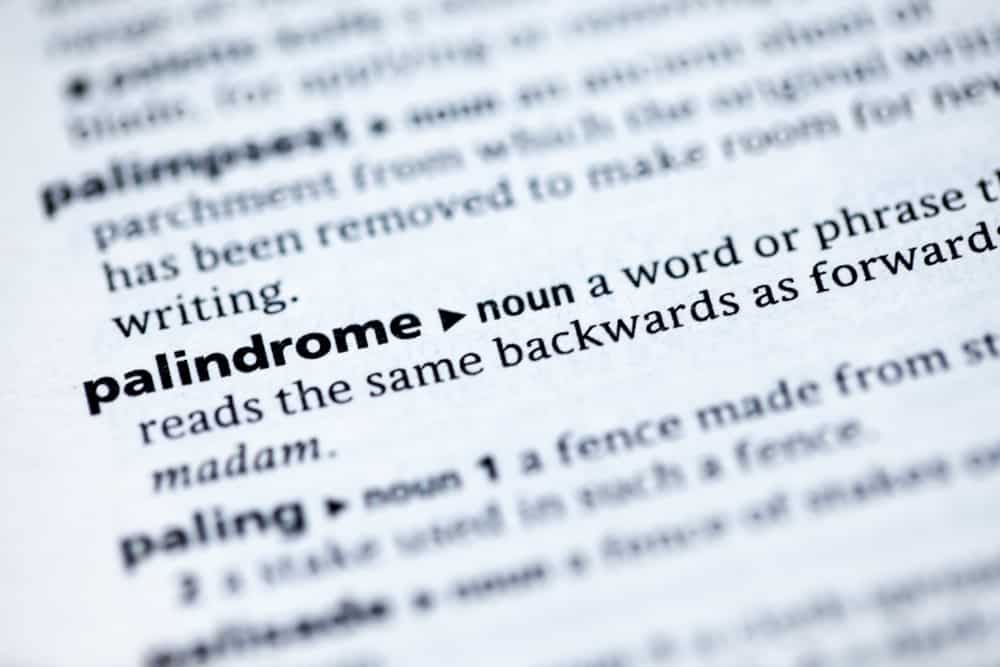If you’re familiar with Java programming, you’ve likely encountered situations where you must create multiple methods with similar functionality but different parameters.
This is where method overloading comes into play.
Method overloading allows you to define multiple methods within the same class, each with the same name but differing in the number or type of parameters it accepts.
This enables you to create more flexible and readable code by providing alternative ways to call a method based on the data types or combinations of inputs you’re working with.
This blog will explore method overloading in Java with examples, empowering you to write efficient and effective code, regardless of your experience level.
Let’s dive in!
Join our community of Java enthusiasts and start coding for free!
Enroll in our Free Java Programming Course today!
What Is Method overloading In Java?
Java method overloading allows you to define multiple methods with the same name but with different parameters in Java. This enhances code readability and reduces confusion.
For example, let’s say you need to perform addition with either two or three numbers. Instead of creating separate methods like “sum2num” and “sum3num,” you can use method overloading.
public class Addition {
// Method to add two numbers
public int sum(int num1, int num2) {
return num1 + num2;
}
// Method to add three numbers
public int sum(int num1, int num2, int num3) {
return num1 + num2 + num3;
}
}
With Java method overloading, you only need one “sum” method name for both cases. The appropriate method is called automatically depending on the number of arguments passed. This simplifies your code and makes it easier to understand, improving overall readability.
For example, if we call the “sum” method with two arguments:
Addition add = new Addition();
int result = add.sum(5, 10);
System.out.println("Sum of two numbers: " + result);
Output
Sum of two numbers: 15
And if we call the same “sum” method with three arguments:
Sum of three numbers: 30
This demonstrates how method overloading simplifies the code and enhances readability, allowing you to perform addition with different numbers seamlessly.
Explore the core concepts of Java data structures in our latest blog: “Data Structures in Java – A Beginner’s Guide 2024.“
Benefits Of Using Method Overloading
- Readability: The Java overload method simplifies code by allowing multiple methods with the same name but different parameters, making it easier to understand and maintain.
- Flexibility: It provides flexibility by using the same method name for similar operations with varying inputs, reducing the need for multiple method names.
- Conciseness: Method overloading in Java reduces redundancy in code by consolidating similar functionalities into a single method name, improving code conciseness.
- Ease of Use: Developers can easily call overloaded methods without worrying about remembering multiple method names, enhancing code usability and developer experience.
- Enhanced Efficiency: Method overloading promotes efficient resource use and improves code efficiency by avoiding the creation of unnecessary methods with distinct names.
Accelerate your Java learning curve with our blog on ‘Java Tutorial for Beginners‘
How To Do Method Overloading?
Method overloading in Java allows you to define multiple methods with the same name but different parameters within the same class. There are several ways to achieve method overloading:
1. Changing The Number Of Parameters
Explanation
This involves defining multiple methods with the same name but a different number of parameters. Java distinguishes between these methods based on the number and types of parameters.
Real World Example
Let’s consider a banking application where we need to calculate the total balance of an account. We can overload a method to handle different scenarios, such as calculating the balance for a single or multiple accounts.
public class Bank {
// Method to calculate balance for a single account
public double calculateBalance(double accountBalance) {
return accountBalance;
}
// Method to calculate balance for multiple accounts
public double calculateBalance(double account1Balance, double account2Balance) {
return account1Balance + account2Balance;
}
}
Result With Explaination
Bank bank = new Bank();
double balance1 = bank.calculateBalance(1000.00); // For single account
System.out.println("Balance for single account: " + balance1);
double balance2 = bank.calculateBalance(1000.00, 2000.00); // For multiple accounts
System.out.println("Total balance for multiple accounts: " + balance2);
Output
Balance for single account: 1000.0
Total balance for multiple accounts: 3000.0
In the example above, the method ‘calculateBalance’ is overloaded with two different parameter lists. The first method calculates the balance for a single account, while the second method calculates the total balance for multiple accounts by accepting two account balances.
Join thousands of learners already benefiting from our Free Java Courses
2. Changing Data Types Of The Arguments
Explanation
This involves defining multiple methods with the same name but different data types of parameters. Java selects the appropriate method based on the data types of arguments passed.
Real World Example
Consider a utility class where you must convert data types for various operations, such as converting an integer to a string or vice versa.
public class Converter {
// Method to convert integer to string
public String convertToString(int number) {
return String.valueOf(number);
}
// Method to convert string to integer
public int convertToInt(String str) {
return Integer.parseInt(str);
}
}
Result With Explaination
Converter converter = new Converter();
String strResult = converter.convertToString(123); // Convert integer to string
System.out.println("Integer to String: " + strResult);
int intResult = converter.convertToInt("456"); // Convert string to integer
System.out.println("String to Integer: " + intResult);
Output
Integer to String: 123
String to Integer: 456
In this example, the method ‘ConvertToString‘ converts an integer to a string, while ‘ConvertToInt’ converts a string to an integer. Both methods have the same name but different parameter types.
3. Changing The Order Of The Parameters Of Methods
Explanation
This involves defining multiple methods with the same name but different orders of parameters. Java identifies the correct method to call based on the order of parameters passed.
Real World Example
Imagine a geometry class where you must calculate the area of different shapes. You can overload a method to handle different parameter orders, such as a rectangle’s length and width or a circle’s radius.
public class Geometry {
// Method to calculate area of rectangle
public double calculateArea(double length, double width) {
return length * width;
}
// Method to calculate area of circle
public double calculateArea(double radius) {
return Math.PI * radius * radius;
}
}
Result With Explaination
Geometry geometry = new Geometry();
double rectangleArea = geometry.calculateArea(5.0, 4.0); // Calculate area of rectangle
System.out.println("Area of Rectangle: " + rectangleArea);
double circleArea = geometry.calculateArea(3.0); // Calculate area of circle
System.out.println("Area of Circle: " + circleArea);
Output
Area of Rectangle: 20.0
Area of Circle: 28.274333882308138
In the example above, the method ‘calculateArea’ is overloaded to calculate the area of a rectangle and a circle. The first method accepts length and width parameters, while the second accepts only the radius parameter. Java selects the appropriate method based on the parameters provided.
Wrapping up
Method overloading in Java is a powerful feature that allows developers to write more concise and efficient code by defining multiple methods with the same name but different parameters.
Through this blog, we’ve explored what is overloading in java and how it can be achieved by varying the number or data types of arguments.
By understanding Java overload methods, programmers can enhance code readability and flexibility, improving their coding efficiency.
Whether you’re a beginner or an experienced Java developer, mastering method overloading is essential for writing clean and maintainable code.
If you want to enhance your software development skills further, consider exploring the Great Learning Software Engineering Course, which offers comprehensive Java programming modules, including advanced topics like method overloading.
With hands-on projects and expert guidance, you can solidify your understanding and proficiency in Java development.
FAQs
Use overloading Java when providing multiple ways to perform similar operations within a class. It’s beneficial when you want to enhance code readability and make your codebase more organized by grouping related methods under the same name.
Java overloading simplifies code maintenance by allowing developers to use the same method name for different functionalities based on the parameters provided. This reduces the need for multiple method names and makes the codebase more organized and manageable.
Method overloading Java is a form of static polymorphism, where the appropriate method to execute is determined at compile-time based on the method signature and parameters passed. This allows for flexibility in method invocation and enhances code readability.
Method overloading is not limited to instance methods in Java. Both instance methods and static methods can be overloaded within the same class.
This allows for the creation of overloaded methods that operate on different types or numbers of parameters, regardless of whether they are instance methods or static methods.
Yes, method overloading can lead to method ambiguity if two or more overloaded methods have identical parameter types or if one method’s parameter types can be converted to match another method’s parameter types through implicit type conversion.
In such cases, the Java compiler cannot determine which overloaded method to invoke, resulting in a compilation error. To avoid ambiguity, it’s essential to ensure that overloaded methods have distinct parameter lists.






